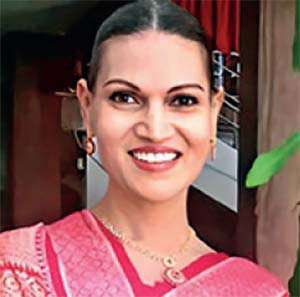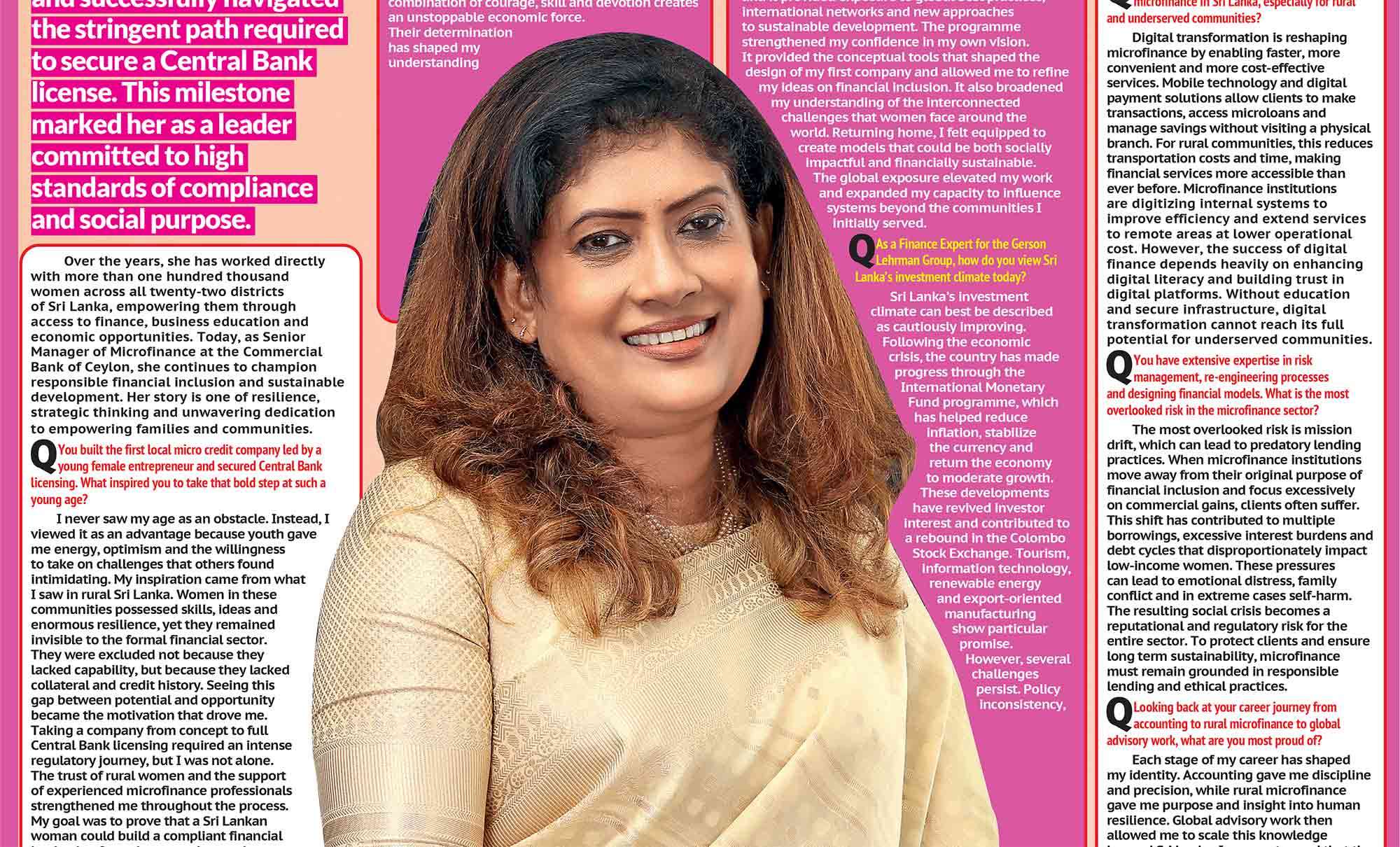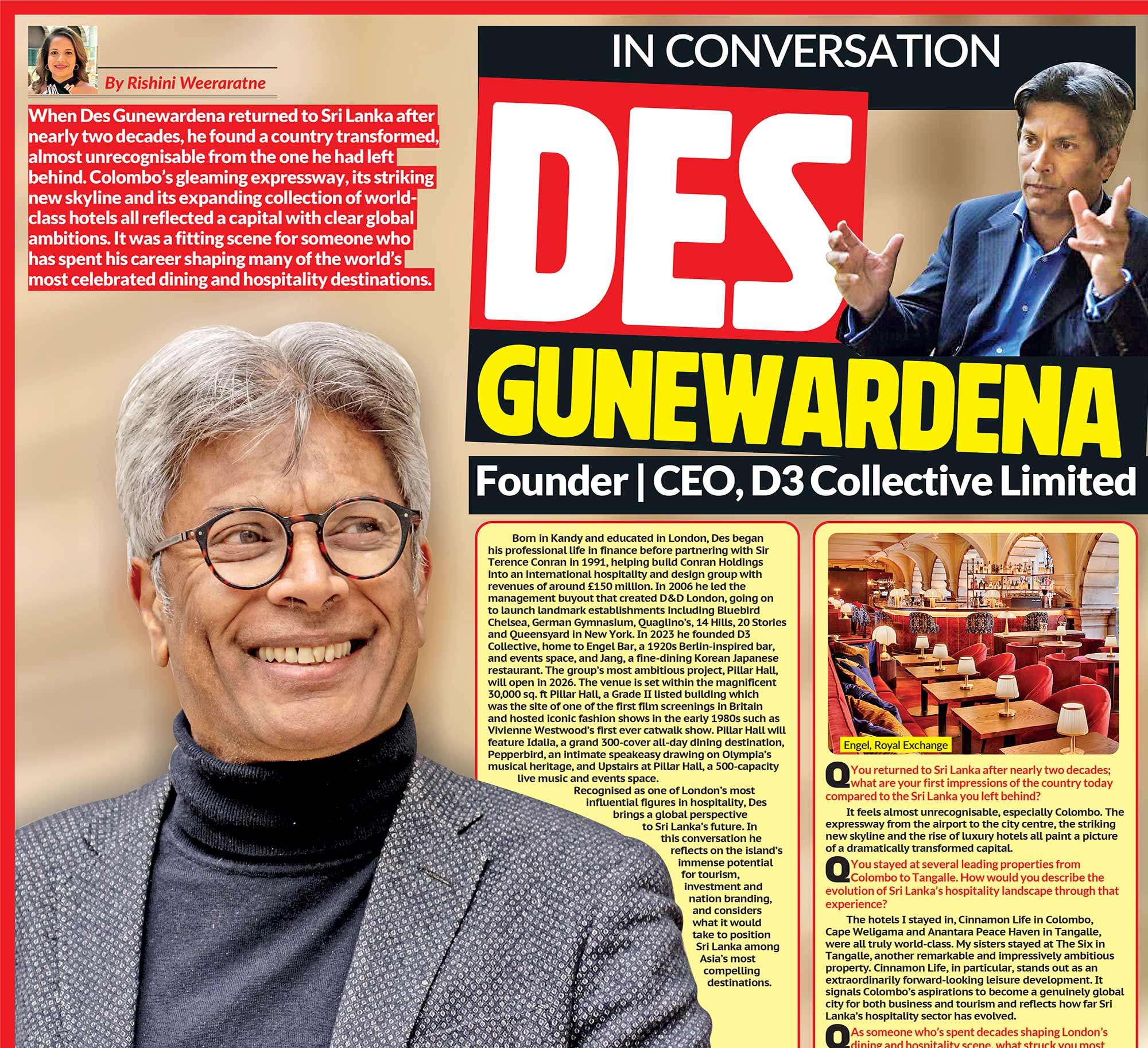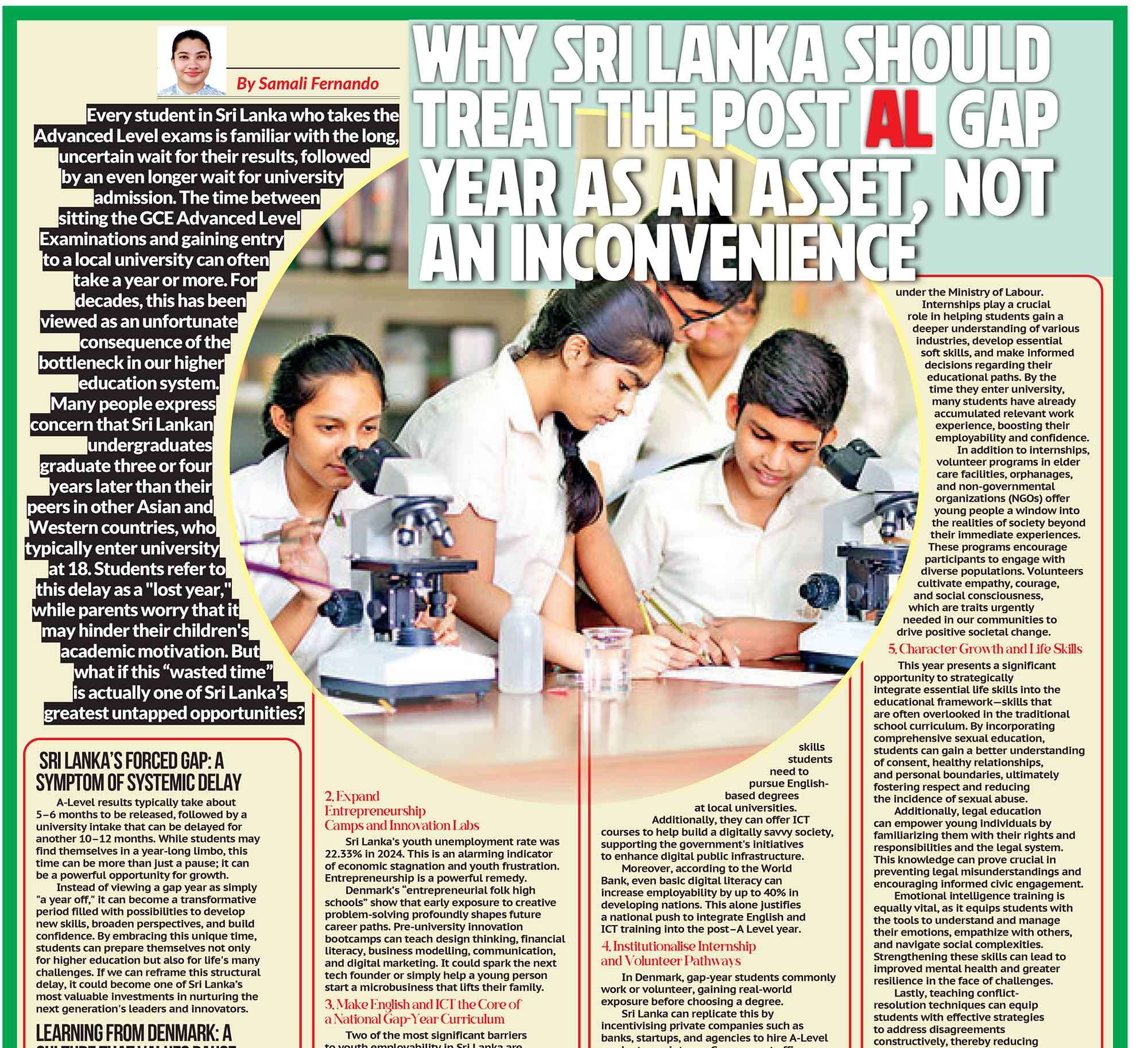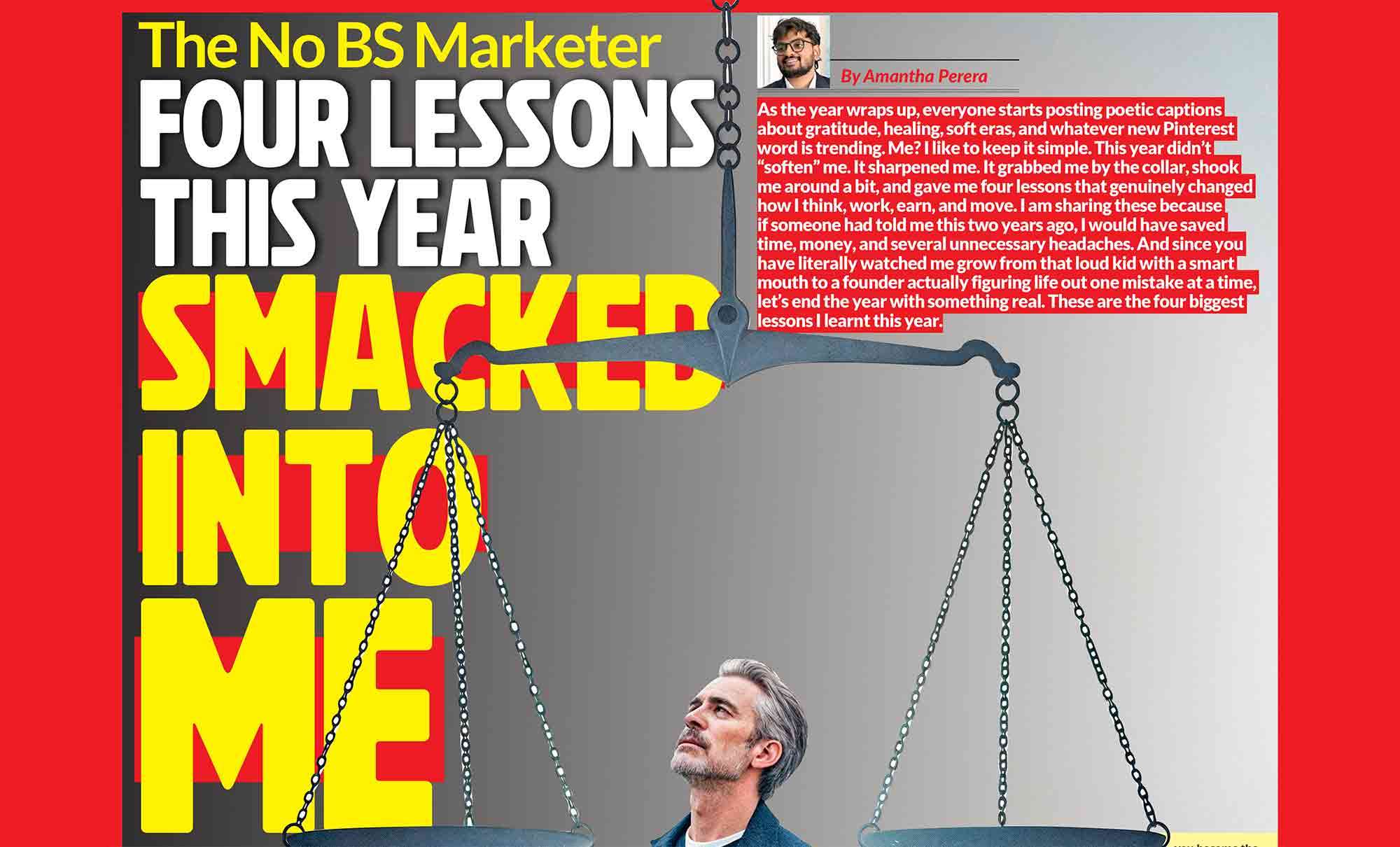
 I often think that when we hope for the most capable, the most skilled, and the most qualified person to fill any job at any level we might literally be wishing on a star. Do you remember when a CV outlining one’s experience and qualifications could genuinely place a person in a suitable position? The ability to fulfill the job description was a baseline followed by a track record that hopefully proved the same. That was the entry point into corporate, state, or other professional roles. Those days, however, may be gone forever, much like the saber-toothed tiger.
I often think that when we hope for the most capable, the most skilled, and the most qualified person to fill any job at any level we might literally be wishing on a star. Do you remember when a CV outlining one’s experience and qualifications could genuinely place a person in a suitable position? The ability to fulfill the job description was a baseline followed by a track record that hopefully proved the same. That was the entry point into corporate, state, or other professional roles. Those days, however, may be gone forever, much like the saber-toothed tiger.
01.Welcome to the present. I am not one to dwell in nostalgia nor do I habitually look in the rear-view mirror while moving forward but I cannot help wishing that capability still mattered when jobs were assigned. Today, when applying for positions, one of the key factors is often knowing the right people. Especially in organizations with multi-layered hierarchies, being connected can sometimes guarantee a position no matter how many more qualified or capable candidates are overlooked. Let us begin with public service.
In the past, diplomats were known as career diplomats, professionals who entered the civil service and were educated in public policy and international relations. Naturally, there were always a few political appointees, nepotistic placements of an aunt, nephew, or brother-in-law, who though not fully trained, were at least somewhat capable of performing the role without disastrous errors. These appointments were somewhat mitigated by the fact that such connected individuals often came from educated or aristocratic backgrounds giving them a springboard for success.
Not so anymore. Today, diplomatic appointments often go to individuals who are
02.urely rewarded for family connections or financial contributions to those in power. What better way to reward a wealthy merchant, political donor, or corporate influencer than to assign them a plush life abroad with local staff catering to every whim and state-funded residences? When these appointments were made with a genuine purpose, representing the nation, maintaining international relations, or fostering trade, one could forgive a lack of formal training. Unfortunately, in many cases, these diplomats behave like first-time tourists, exploiting their status to host embarrassing photo opportunities and invite friends and relatives, tarnishing the nation’s image.
Official residences often become symbols of mismanagement. Flags fly outside while inside chaos reigns with spilled oils, curry leaves, and stains marking the interiors. When these diplomats are required to host dignitaries or speak publicly, the results can be catastrophic. Mispronunciations, incorrect titles, lack of context, and unfamiliarity
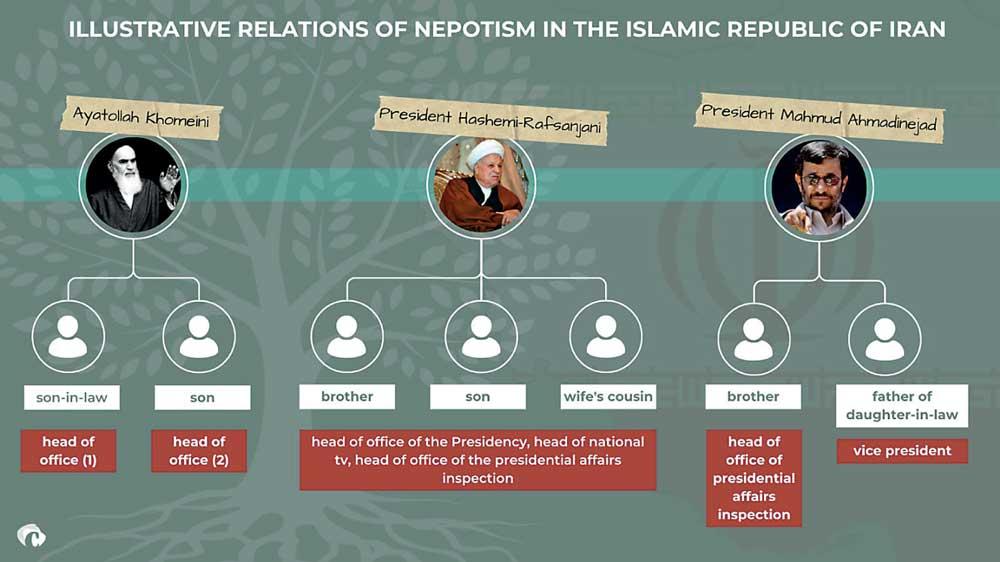
03.with the subject matter often lead to public embarrassment. Worse still, some indulge in outright theft, packing up state property along with personal souvenirs.
The financial sector suffers similar dysfunction. Hierarchies and titles have become an obsession. Those labelled senior often wield authority merely by virtue of a title regardless of competence. Meetings become rituals of obeisance where everyone must pay homage to inflated egos.
Lineage, school affiliation, and family pedigree often outweigh actual skill or intelligence. A descendant of a financial dynasty, even if they cannot operate a calculator, may command deference simply due to ancestry.
This is nonsense.
Coming from academic and creative careers, I see no issue with giving respect where it is deserved. Professors, doctors, and others who have worked hard to earn their credentials merit recognition. Distinguishing between earned and purchased qualifications is often easy when observing actual capability or the lack thereof. Respect must be earned and integrity maintained. True professionalism involves consistently striving to be one’s best while considering the broader social good, not just personal advancement or immediate connections. Too much to ask? I do not think so. Many individuals work tirelessly, deserving every accolade they receive. They set examples for others, demonstrating the standards we all should aspire to reach. In a world increasingly governed by connections, wealth, and nepotism, such examples shine as rare and essential reminders of competence, integrity, and accountability.

